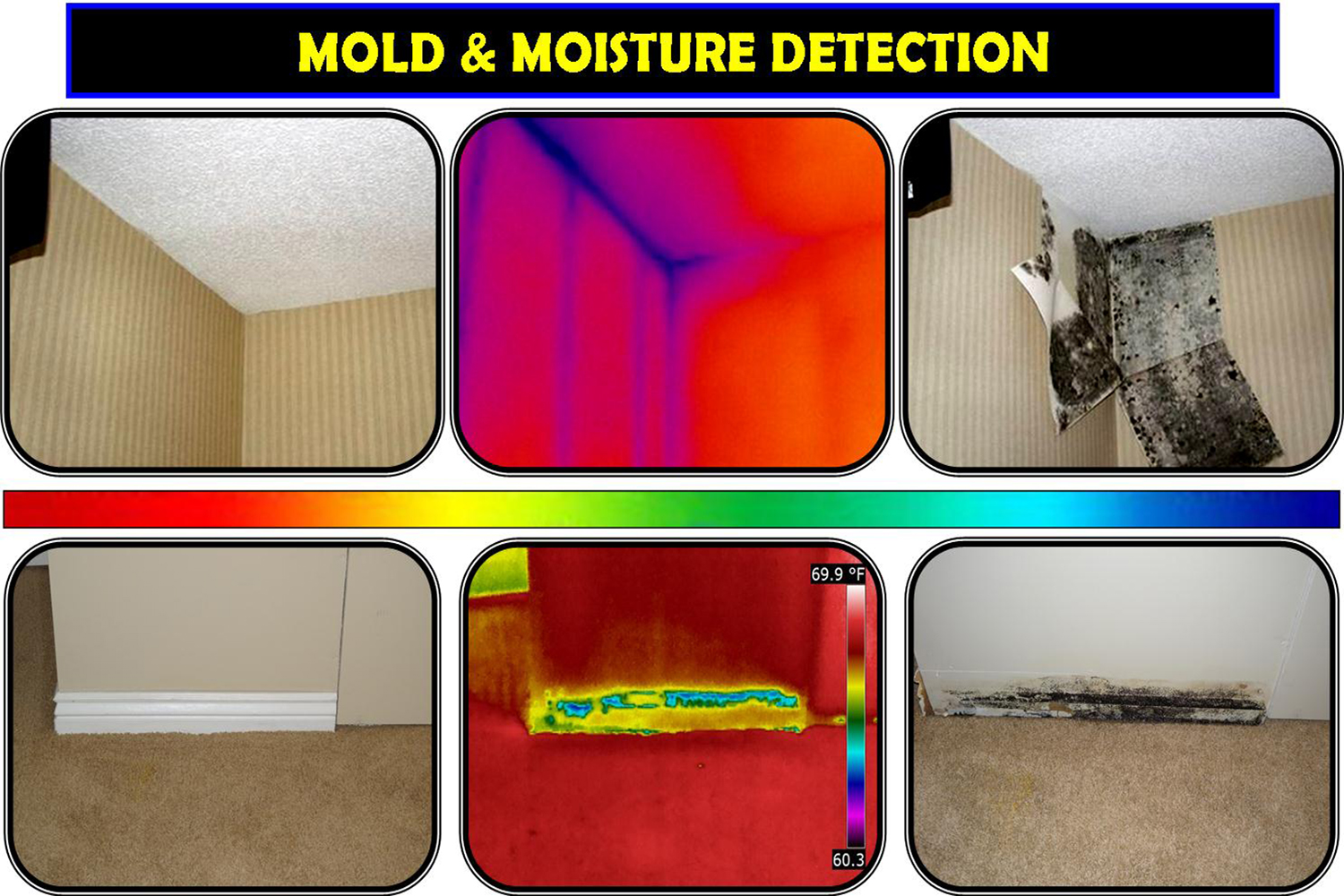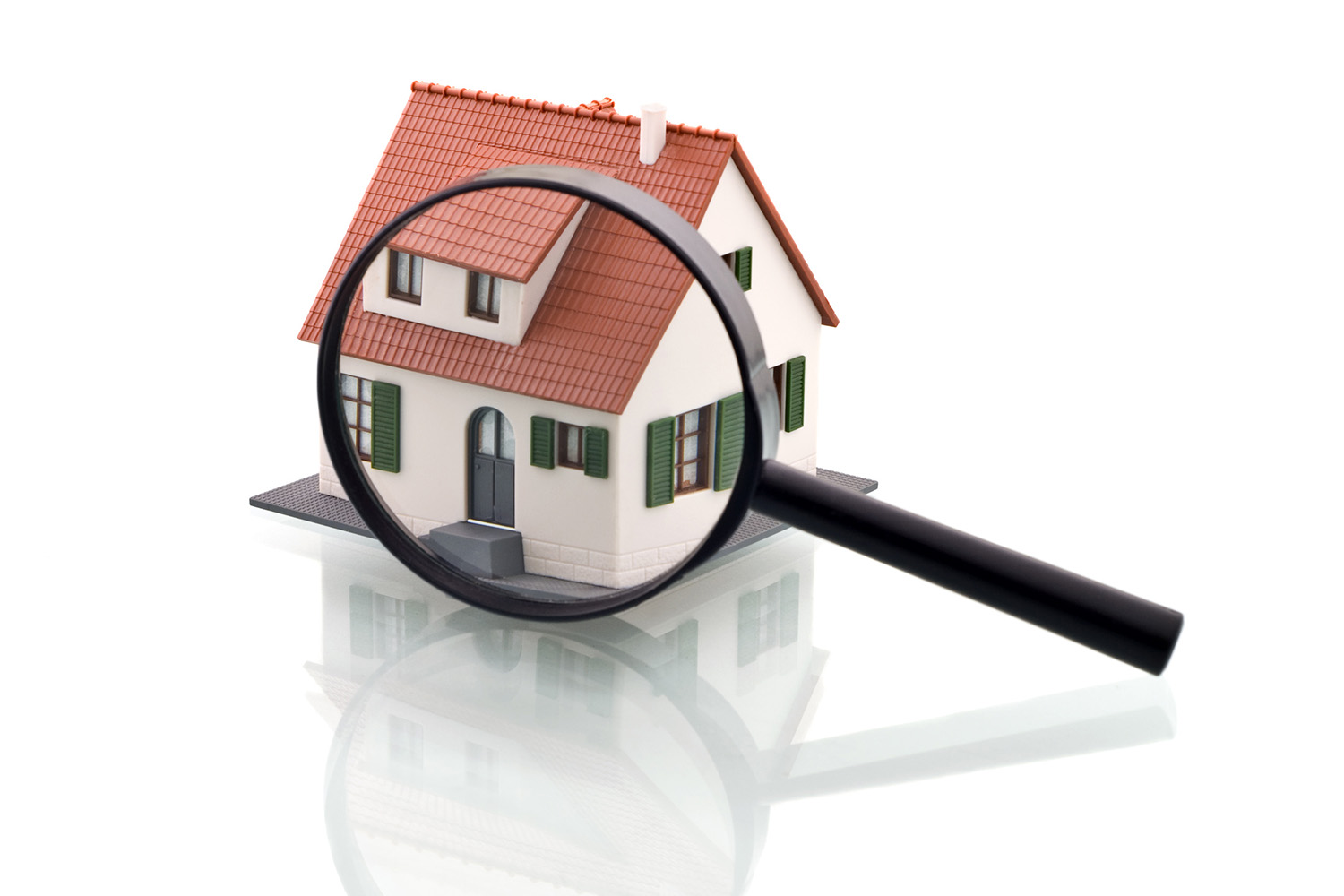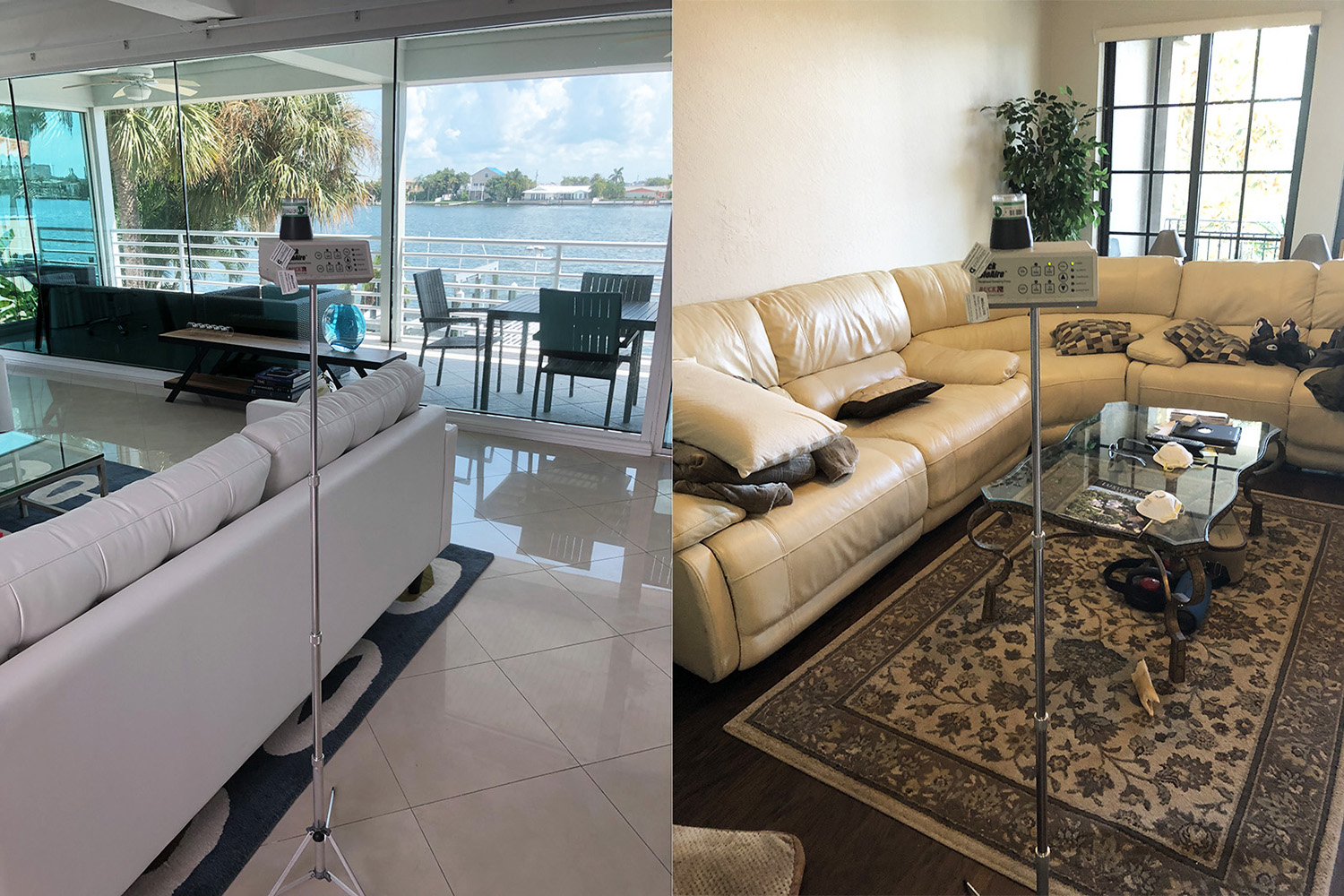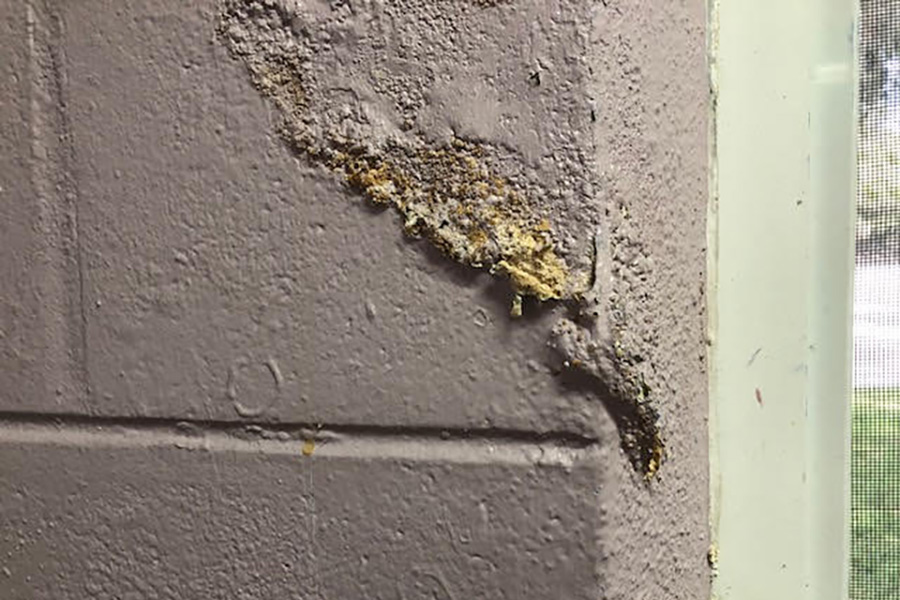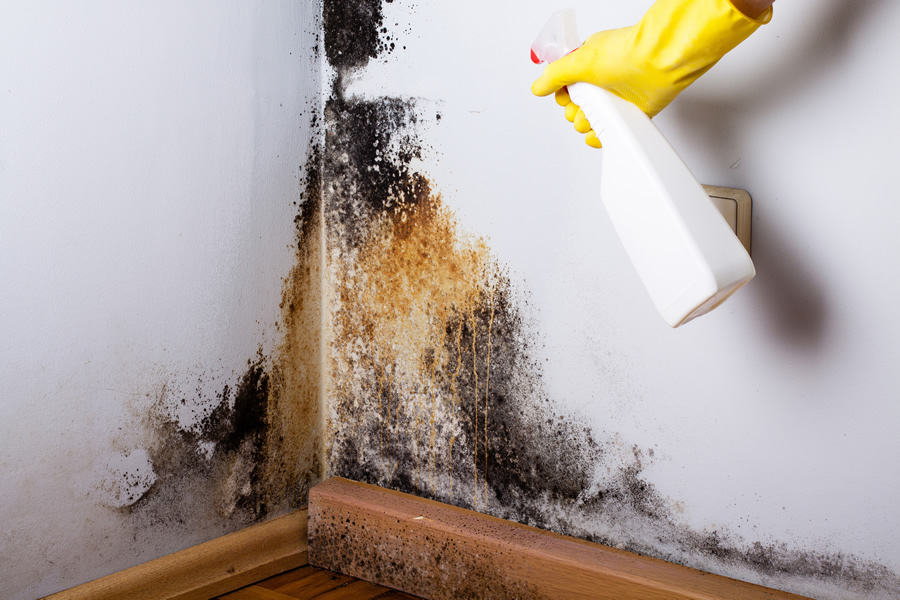Moisture in your home is normal. It is produced when you bathe, cook, wash, and even breathe. Excessive moisture, however, is not.
For various reasons, humidity inside your home may increase above normal levels. That is especially likely during wet seasons, when the house is not properly ventilated, and the moisture penetrates it through basements, crawl spaces, and walls. How dangerous is increased humidity for a home and the people inhabiting it? It is certainly not healthy: below are 5 most common negative effects of excessive moisture in your home.
Air Quality Testing for Your Home
Health Problems
Humidity is an important factor of air quality, and, therefore, has a direct impact on your health. When the level of humidity is too high, the sweat cannot evaporate as quickly as it normally does, which interferes with your body’s natural mechanism of thermoregulation. Moreover, extra humid environment is welcoming for various microorganisms that cause allergies and respiratory problems like asthma. Even healthy people may experience difficulty breathing, faintness, and poor concentration in extra humid premises.
Mold
As you may already know, mold thrives in humid environments. If there is excessive moisture in your home, mold is 50% more likely to develop, especially in the areas where the moisture is concentrated, like corners and ceilings.
Bugs
Like mold, bugs ‘prefer’ a warm and humid environment, with temperatures of 75-80 degrees Fahrenheit and humidity levels of 70-80%. That means an increased level of moisture inside your home is welcoming for bed bugs and other sorts of pests. Studies show that active bugs cannot survive when humidity levels are below 40-50%, so maintaining normal humidity is important for keeping your home bug-free.
Electronics Damage
Moisture can damage not only your health, but your electronic appliances, too. Excessive moisture is known as the number one reason for electronics malfunction: by corroding contacts and reducing insulation resistance, it can lead to short circuits. Condensation is especially dangerous for your appliances, so it is recommended to protect them from drastic temperature changes that cause it.
Wood Deformation and Decay
Wood is a popular construction and decoration material, and when there is excessive moisture in your home, your wooden floors or furniture are at risk. Moisture can cause wooden surfaces to swell and deform. Worse still, exposure to excessive moisture can lead to wood decay, caused by decay fungi that ruin the material completely.
Keeping your home free from extra moisture and maintaining a healthy humidity level will help you avoid these potential risks for your health and your property. If you feel extra moisture is becoming an issue, contact Expert Mold Test can perform air quality testing for mold and bring it back to normal.

